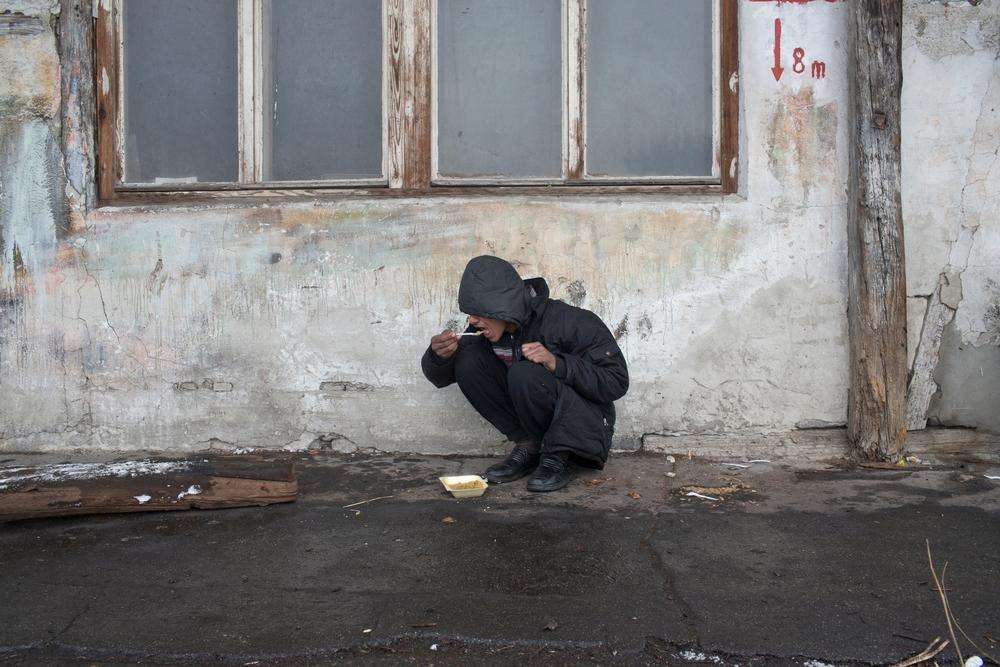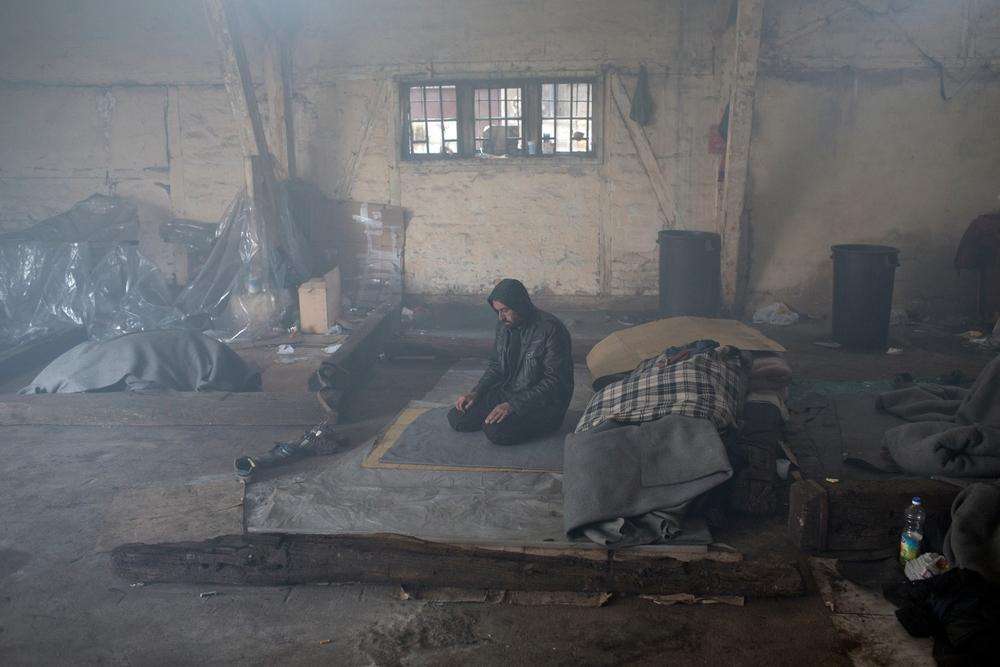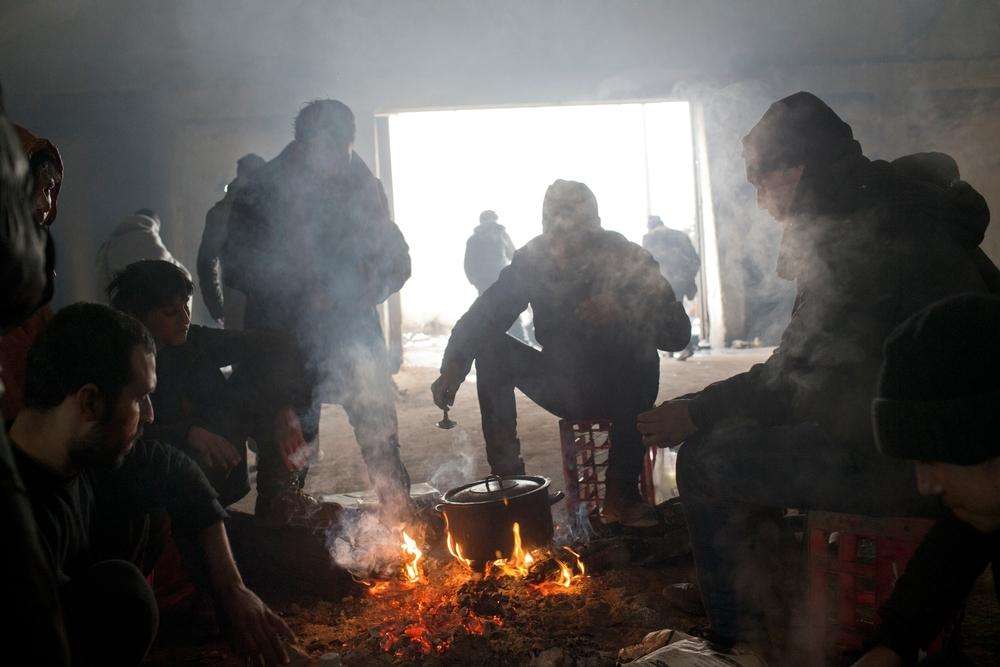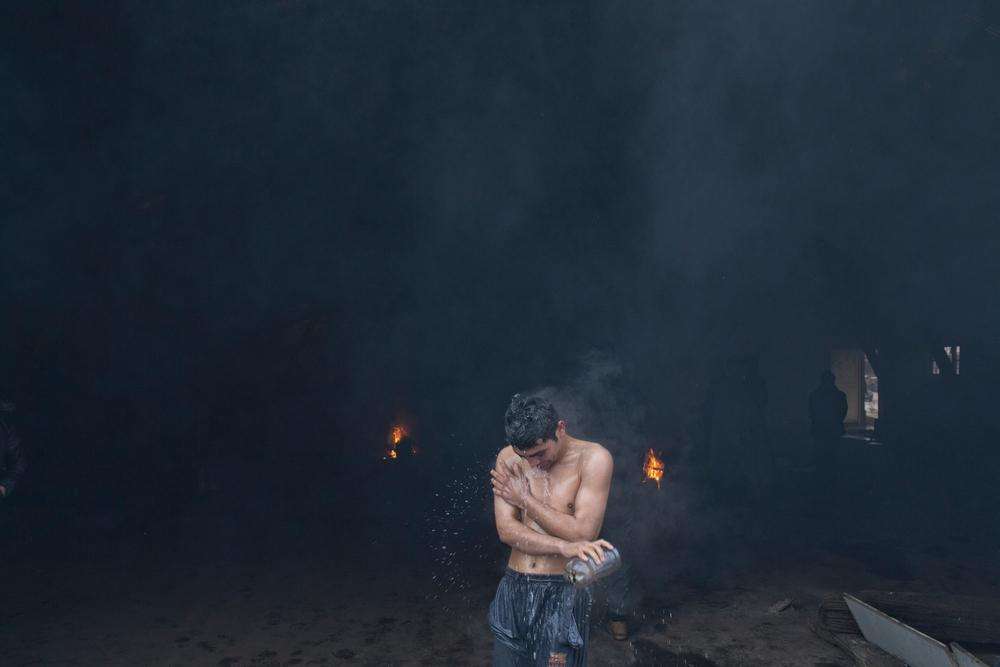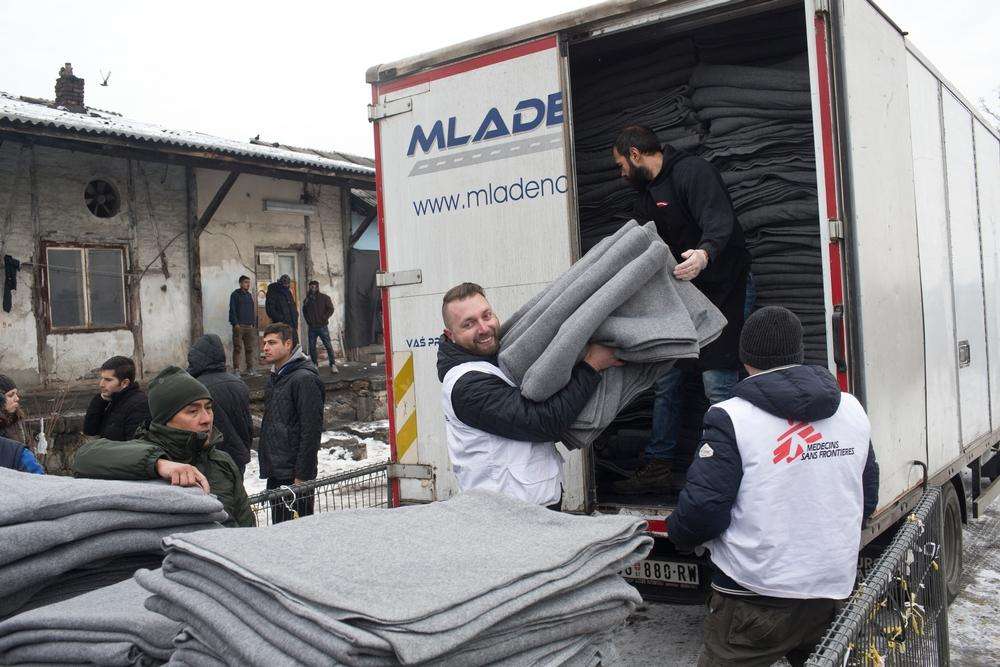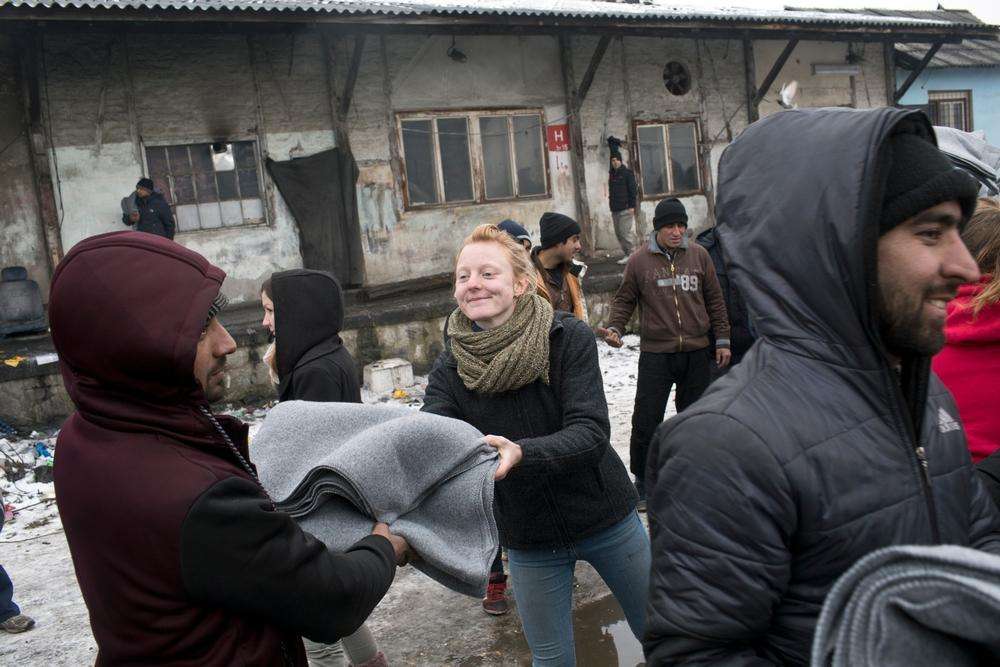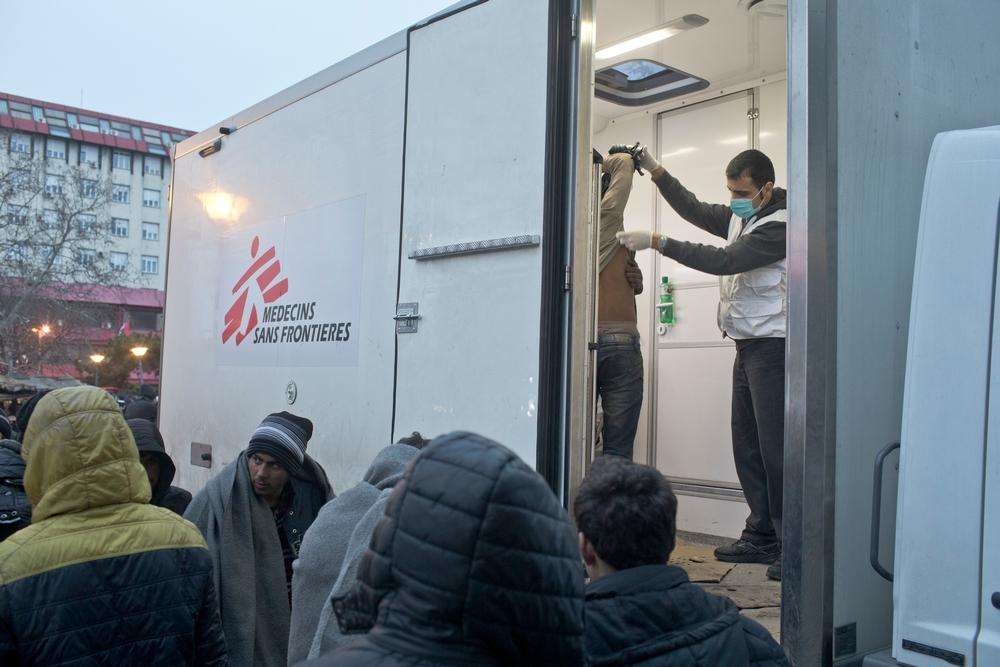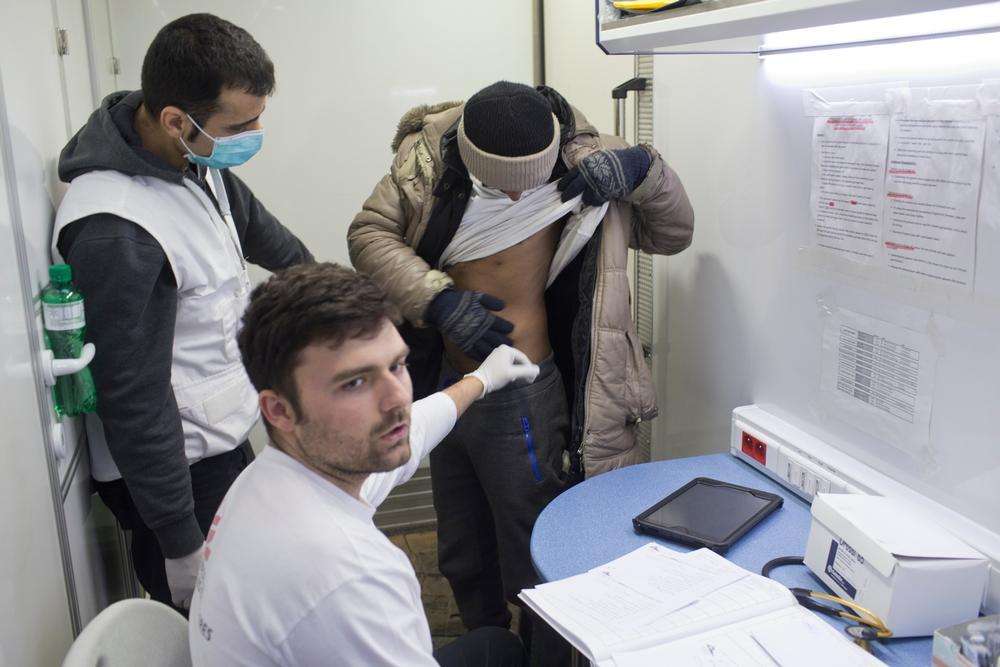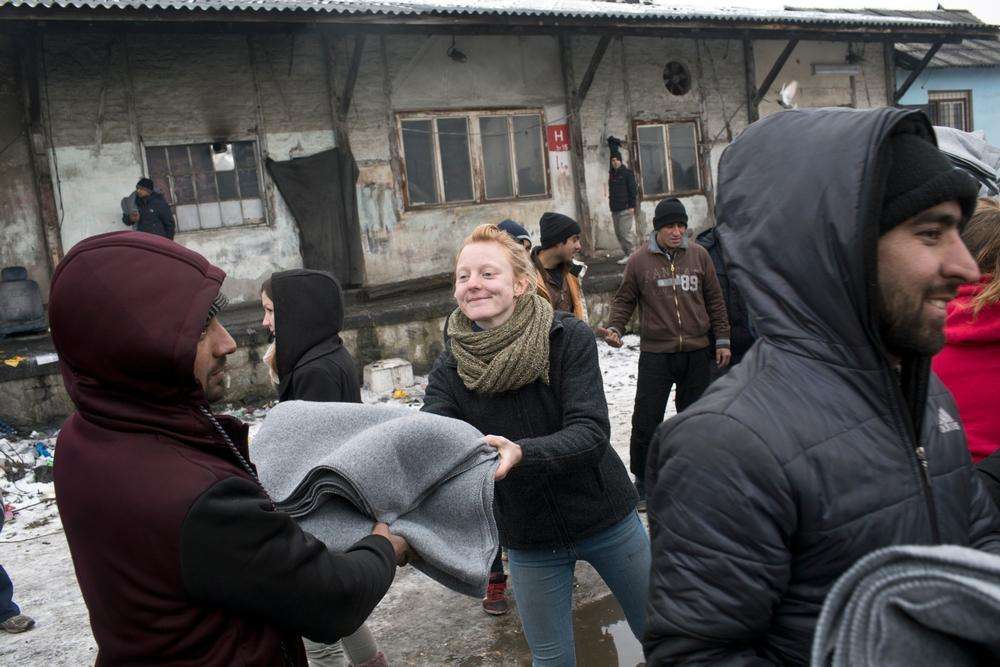More than 7,500 migrants and refugees are currently stranded in Serbia, living in overcrowded camps and informal settlements. The country has agreed with the EU to host up to 6,000 people, of whom only 3,140 live in facilities adapted to winter. In Belgrade, around 2,000 young people, mainly from Afghanistan, Pakistan, Iraq, and Syria, currently sleep in abandoned buildings in the city center, while temperatures plummet to as low as -20°C or -4°F. In recent months, Serbian authorities have severely restricted the provision of humanitarian assistance, only tolerating volunteers doing a basic distribution of blankets and food.
"For months, the strategy has been to block humanitarian aid to push these people into official camps," said Stephane Moissaing, Doctors Without Borders/Médecins Sans Frontières (MSF) head of mission in Serbia. "But the camps are full and already stretched beyond their capacities, so today migrants are left with no option other than to sleep in abandoned, open buildings in freezing temperatures."
MSF has installed some emergency space heaters as a desperate measure to try to protect people and is negotiating with authorities to further increase the shelter capacity.
"For months we have called on EU, UNHCR, and Serbian authorities to put in place long-term solutions to avoid this catastrophic situation," Moissaing said. "The collective failure of these institutions has left even the most basic needs uncovered, exposing already vulnerable people to even more suffering. Several people have already died of hypothermia at the borders of Serbia and Bulgaria, we cannot simply sit and update the number of those who die during the dangerous border crossings or fall victim to violence since the closure of the Balkan road."
